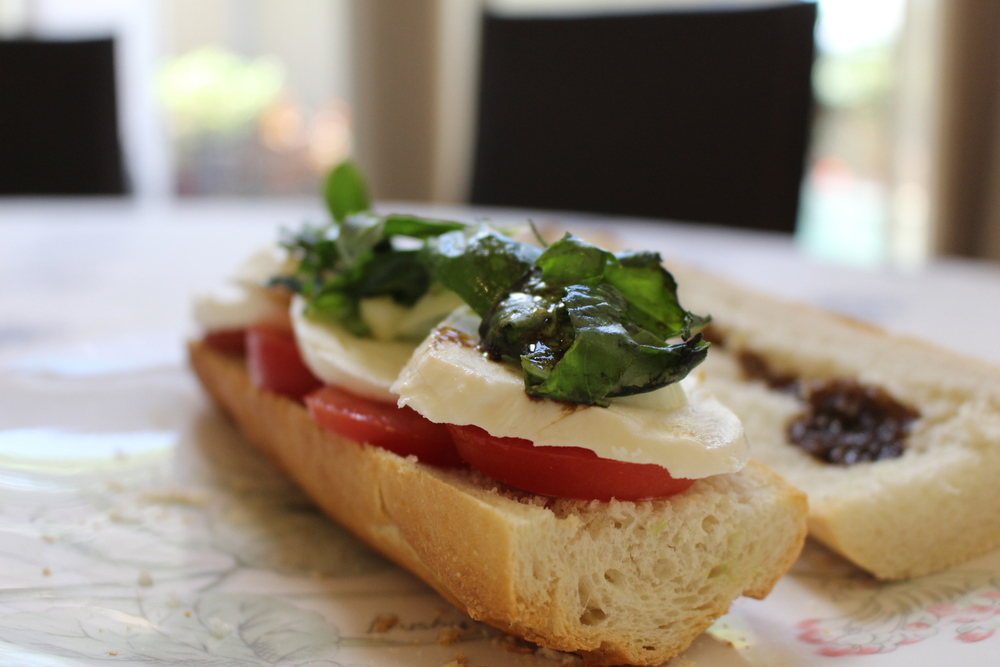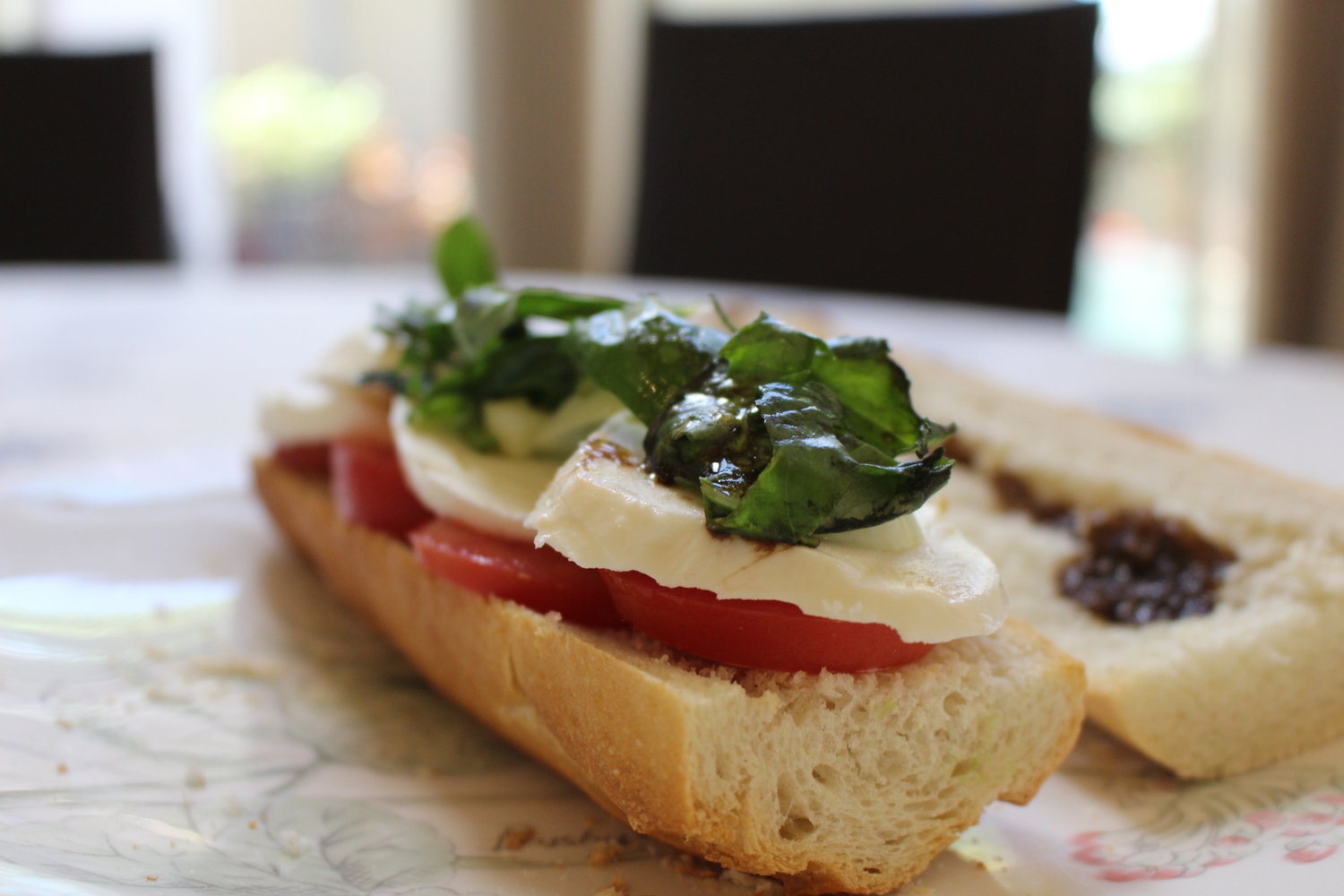
Most of us know the basics of what it takes to be physically healthy. If your goal is to lose weight, calories consumed need to be less than calories burned. If you are putting on muscle and building strength, we’ve learned that the right nutrition and timing is key. And if you are trying to maintain your weight and shape, we know that eating well-balanced meals and limiting your junk food intake is important.
And even if we don’t know this: we have all the knowledge at our fingertips. But often our perspective doesn’t allows us to successfully execute the basics. We make ourselves miserable with short-term rigid diets because “I can’t control my binge eating.” That attitude is like dropping your phone and instead of picking it up to salvage it, you stomp on it and smash it to pieces. Would you ever do that? Probably not because you value your phone.
I’m not going to show you some new workout craze or a diet that will “BURN FAT INSTANTANEOUSLY.” There are plenty of other sites you can read to get that. I think workout challenges, nutrition plans and fitness regimens are great. But real lifestyle change and sustainable results occur when we gain a deeper understanding of our individual food relationship. Through my own trials and tribulations with food (and eating disorders) and through observing my clients I have found four elements that determine your food relationship. Food History, Food Mindset, Food Logic and Food Skills.
Let’s break it down:
Food History: What had I been told about certain foods or meals growing up? What was the general attitude towards healthy and unhealthy foods? What associations do I keep with certain foods?
Food Attitude: What is my inner dialogue or mentality when it comes to nourishing my body with calories? What is my strongest emotion when it comes times to eat? Is it guilt or shame?
Food Logic: What is the story I keep telling myself that continues to justify my current relationship/patterns/habits with food?
Food Skills: What is my ability to nourish my body and eat for optimal health? What skills or information do I already have and what am I lacking?
Real Life Case:
It is very common to have more than one food attitude as we associate different emotions with types of food. For example, I seek emotional comfort with butter. My food history with butter/ghee in particular was my mother’s love. She would always make me feel extra special when after making a roti, she would use the back of the spoon to smear tasty ghee or butter on it before feeding me. Then as a budding athlete and teenager I was told that butter was not only bad but also not allowed in my diet. My logic with butter became, “because I am an athlete I cannot have butter.” What happened? When I needed emotional comfort I reached for butter. However, because it was a restricted food, there was guilt and shame associated with eating it. Can you guess what happened next? Bread and butter binge eating sessions.
Through recognizing this, I was able to re-channel a more appropriate way to receive the emotional comfort I was seeking. I also retrained my brain to understand that butter is not “bad” by understanding its full nutrional value. Instead of binge eating something I truly enjoy and need, I incorporate it in my diet almost everyday. No binging, no guilt.
What are your four food elements and how can you improve upon them to achieve a better relationship with food.


